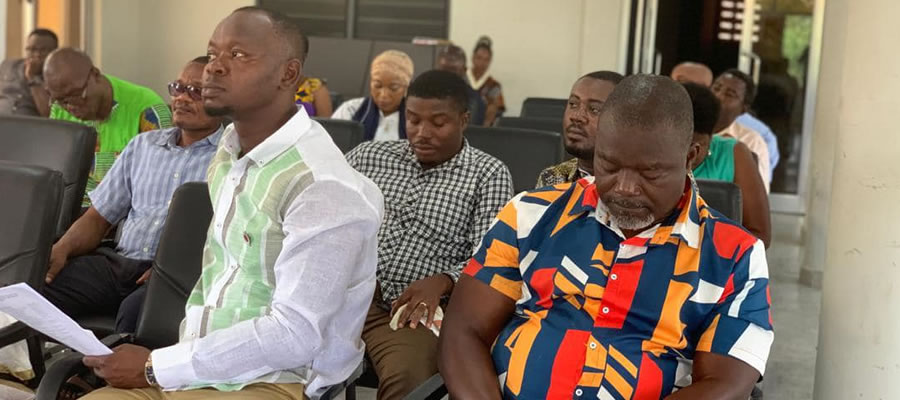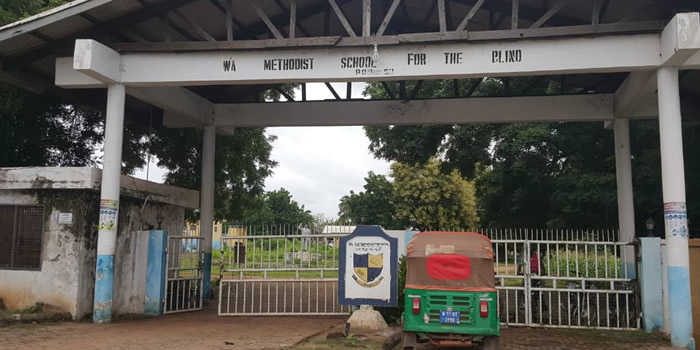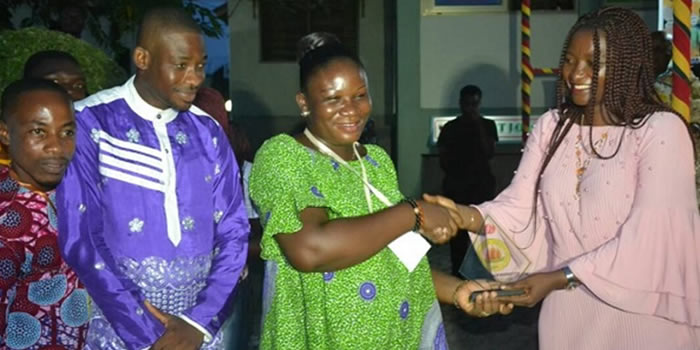

Private Sector Development
Establishment/rehabilitation of markets, lorry parks and commercial centers
Strengthening of Cooperatives to provide credits
Provision of storage/preservation facilities for agricultural products
Facilitate access to credit facilities
Construction of small dams and dug-outs
Supply of farm inputs
Facilitating land acquisition
Facilitate formation of farmer’s cooperatives in order to access credit and technical services
Provision of processing machines for agricultural products
Provision of extension services to farmers and fishermen
Facilitating favorable Land Tenure System
Promoting credit and Loan Facilities/Improved Banking Services
Supplying affordable high technology agricultural inputs
Establishment of farm service centers
Establishment of marketing services for agricultural products
Human Resource Development
Construction/rehabilitation of school blocks
Establishment of day-care centers
Encouraging/motivating teachers to accept rural postings
Establish Community libraries
Establish efficient Socio-economic infrastructural Services e.g. electricity, roads, water, sanitation, health centers, postal services, telecommunications, public housing, police posts etc.
Efficient and effective education system
Health Care
Provision of and regulating the sitting of refuse sites
Providing drains and desilting choked gutters
Provision of public toilet facilities
Provision of health infrastructure
Establish community sanitation committees to organize clean-ups
Undertake hygiene education and create awareness on environmental issues
Eradication of common diseases like: cholera, dysentery, typhoid, diarrhea etc.
Motivating and posting sufficient environmental health personnel
Special Programmes for the Vulnerable and Excluded
Protection of women’s rights
Social recognition for the physically disable
Education of the public to accept people with disabilities
Rehabilitation of street children and teenage mothers
Good Governance Civic Responsibility
Check prevalence of bush fires
Provision of housing for staff
Construction of Community Centers
Enforcement of DA bylaws
Inauguration of sub-district structures
Provision of office accommodation for sub-district administrations
Provision of staff to man sub-district structures
In making such demands the communities have reciprocated by committing themselves to provide counterpart support in the form of communal labour, water, sand and stones for the "implementation of their demands.
The detailed demands and aspirations of the Decentralized Departments is presented below
Provide office accommodation for departments
Provide residential accommodation for staff
Landscaping of office environment to check effects of erosion
Supply of high technology equipment and logistics to District Departments e.g.computers, telephones, photocopiers, etc.
Supply of furniture to offices
Supply of field vehicles to departments
Organize training programmes for staff of departments Support departmental programmes with funds and logistics
MA to set up a Public Relations Unit to project the image in the municipality.
Institution of incentive package for workers
The decentralized departments have suggested that sources of funding for the aforementioned programmes and projects should include: Development Partners, NGOs, the World Bank, the Private Sector, the District Assembly, and Government of Ghana etc. The decentralized departments are ready and committed to help the Assembly to execute the following programmes and projects:
Planning and carrying out a credible revenue generation campaign marketing the district’s economic and investible potentials. Projecting the image of the Assembly. Disseminating information on the district’s policies, bylaws, projects and programmes.
Vulnerability
The vulnerable and excluded persons in Agona West
Subsistence farmers with land holdings of between one-quarter of an acre and two acres. About 55% of these farmers are aged according to recent studies by the district directorate of Agriculture.The Destitute: mainly Street children who are always spotted in the central business district of Swedru, and other bigger communities. However, there are no official statistics on the situation.
The unemployed and the under- employed
A large chunk of the able-bodied persons are not in any gainful employment. The unemployed are mainly artisans and those in trades such as dressmaking, hairdressing whose businesses are seasonal and are found doing practically nothing at the lean season. 7The women, children, the aged etc. who are vulnerable to risk and other social upheavals like land disputes, ethnic violence, chieftaincy conflicts and domestic violence.Those displaced by the Nyakrom communal conflict between the settler Moslem community and the few indigenes that were affected. Workers and casual workers of contractors who are either poorly or irregularly paid. This is linked to the irregular payment to contractors by government and the Assembly.
Special Programmes undertaken by Governmental Authorities, NGOs and Religious Bodies over the last five years have helped in mitigating the harsh effects of poverty in Agona West. Notable among the programmes are:
Assistance from Assembly to farmers, traders and small-scale entrepreneurs in the form of cash and bank loans. Provision of scholarship packages to needy but brilliant students. A total of... has been disbursed to students to finance their education at the various levels.
Establishment of vocational and technical institutions by the Ministry of Education and some NGOs: An NGO has established the Frankeve Fashion & Design School at Swedru and Himsett Vocational Institute at Kwanyako. Specifically, and in the past five years, the Assembly, in collaboration with other agencies has been in the forefront in sourcing and channeling development through the following programmes aimed at reducing poverty.
Poverty Alleviation Fund (PAF): Since its inception over 000 million has been disbursed to various groups and individuals. Youth in Agriculture Fund: 10 groups have benefited from this fund. European Union (EU) 5th Micro-projects programme is currently undertaking nine projects in education, health, and sanitation and revenue generation.The Village Infrastructure Project (VIP) is building two open shed markets, 26 boreholes and 92 kilometers of roads in the district.The Local Government Development Project (Urban III Project) is also concentrating in Swedru, the district capital for the development of that town’s infrastructure -market, roads, street lights, storm drains, refuse disposal sites and public toilets.
Date Created : 11/14/2017 1:41:56 AM












 facebook
facebook
 twitter
twitter
 Youtube
Youtube
 +233 593 831 280
+233 593 831 280 0800 430 430
0800 430 430 GPS: GE-231-4383
GPS: GE-231-4383 info@ghanadistricts.com
info@ghanadistricts.com Box GP1044, Accra, Ghana
Box GP1044, Accra, Ghana